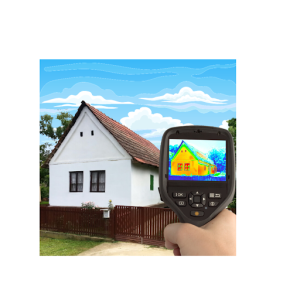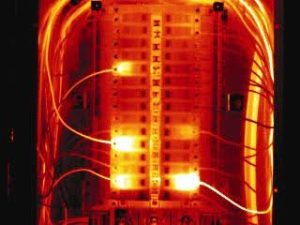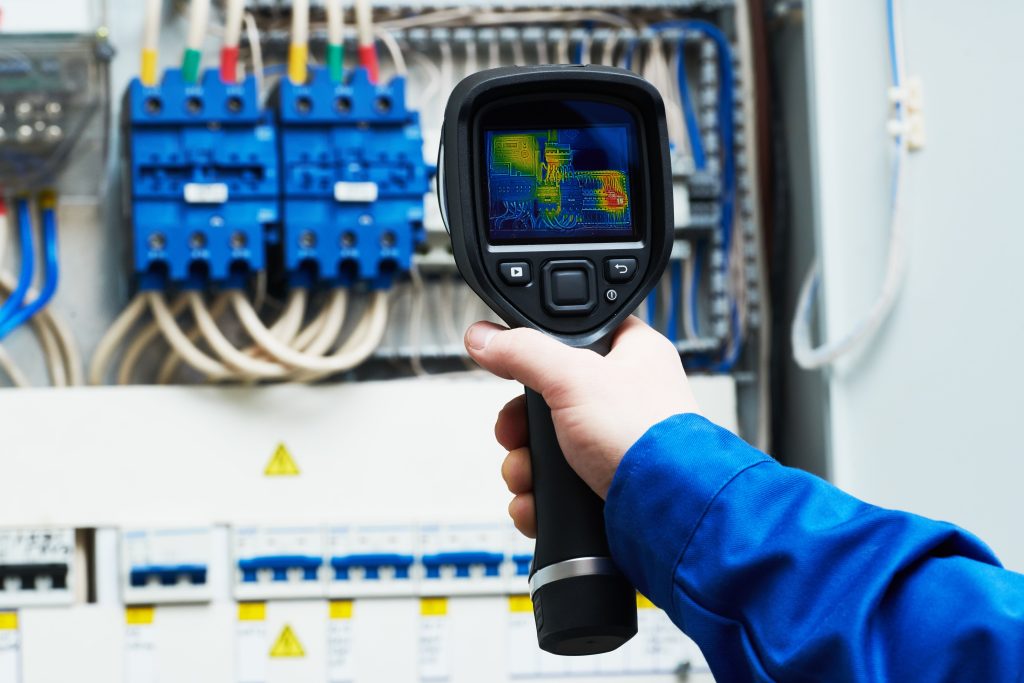When it comes to buying or selling a home, a thorough home inspection is essential to ensure that the property is in good condition. While traditional home inspection methods can be very effective, thermal imaging technology offers a number of additional benefits that can make the process even more valuable.
Thermal Imaging, What is it?
Thermal imaging, also known as infrared thermography, is a technique that uses a special camera to detect and display temperature differences in different areas of a building. This can help to identify problems that may not be visible to the naked eye, such as hidden moisture, electrical issues, or poor insulation.

Thermal Imaging Benefits
Detecting Moisture:
One of the primary benefits of thermal imaging in home inspections is its ability to detect moisture. Water damage can be a major concern for homeowners, as it can lead to mold growth, structural damage, and other serious issues. Traditional inspection methods may not always be able to detect hidden moisture, especially if it is trapped behind walls or under flooring. However, a thermal imaging camera can quickly and easily identify areas with higher moisture levels, allowing for more targeted testing and remediation.
Identifying Electrical Problems:
In addition to moisture detection, thermal imaging can also be used to identify electrical problems. Overheated electrical components, such as circuit breakers, wires, or outlets, can be a fire hazard. A thermal imaging camera can detect these hot spots, allowing for prompt repair and increased safety.

Assessing Quality of Insulation:
Another benefit of thermal imaging in home inspections is its ability to assess the quality of insulation. Proper insulation is crucial for maintaining a comfortable indoor temperature and reducing energy costs. However, it can be difficult to determine the effectiveness of insulation without tearing into walls or ceilings. With thermal imaging, inspectors can easily identify areas where insulation is lacking or has settled, leading to drafts or temperature variations within the home.
Identify Structural Issues:
Furthermore, thermal imaging can be used to identify structural issues. Temperature differences can often indicate problems with the building envelope, such as missing or damaged insulation, air leaks, or thermal bridging. By identifying these issues, homeowners can make necessary repairs to improve the overall efficiency and comfort of their home.
Pest Detection:
In addition to the benefits mentioned above, thermal imaging can also be helpful in identifying pest infestations. Many pests, such as termites or rodents, can generate heat as they move around within a building. A thermal imaging camera can detect these heat signatures, making it easier to locate and address infestations.
Non-Invasive:
Another advantage of thermal imaging is that it is non-invasive. Traditional home inspection methods may require drilling holes or removing sections of wall or ceiling to assess the condition of a property. With thermal imaging, inspectors can gather valuable information without causing any damage to the home.
Cost Effective:
Thermal imaging makes home inspections easier on your wallet and helps keep your property’s value up. It finds problems like bad insulation or hidden leaks early, so you can fix small issues before they turn into big, expensive ones. There’s no need to cut holes or take apart walls, which saves you repair costs. If you’re buying a home, it can help you spot troubles and talk them over with the seller before you buy. Plus, it helps you cut down on your energy bills by showing you where you can save on heating and cooling, which saves you money over time and is better for the planet.

Conclusion:
In conclusion, thermal imaging offers a number of significant benefits for home inspections. By allowing inspectors to detect hidden moisture, electrical problems, poor insulation, and structural issues, thermal imaging can provide a more comprehensive assessment of a property’s condition. This can be valuable for both buyers and sellers, as it can help to identify potential problems before they become more serious, ultimately saving time, money, and stress in the long run.Are you considering buying or selling a home? Don’t leave anything to chance! Contact us today to schedule a comprehensive home inspection with our state-of-the-art thermal imaging technology. Our experienced inspectors will provide you with a detailed assessment of the property’s condition, helping you to make informed decisions and have peace of mind in your real estate transaction. Don’t wait – contact us now to get started!

